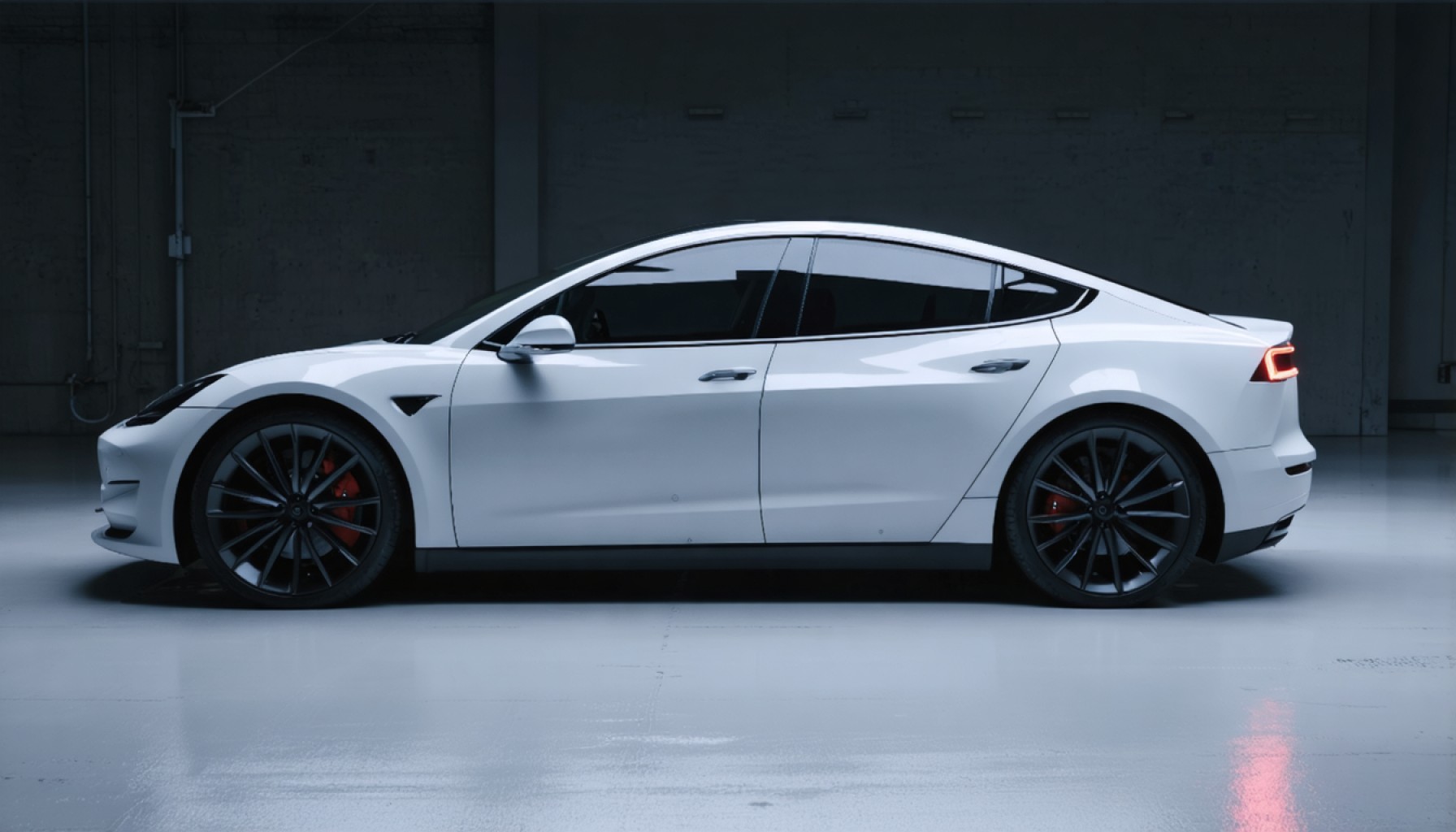- The Italian Competition Authority is scrutinizing the marketing practices of leading electric vehicle (EV) companies: BYD, Stellantis, Tesla, and Volkswagen.
- The investigation focuses on truthfulness in advertising, particularly concerning the driving range and battery performance of EVs.
- Concerns are raised about how these companies portray driving ranges, potentially glossing over real-world factors that affect performance.
- Battery degradation and warranty details are under examination for being inadequately disclosed to consumers.
- The Guardia di Finanza is involved in the investigation, ensuring thorough examination of company documents and statements.
- Stellantis has expressed commitment to cooperation and customer satisfaction during the investigation.
- The outcome aims to enhance transparency and trust in the rapidly evolving EV market.
The Italian Competition Authority has cast a spotlight on some of the biggest names in the electric vehicle (EV) industry. With a sharp gaze, they delve into the marketing practices of BYD, Stellantis, Tesla, and Volkswagen, challenging the promises these automotive giants make about their sleek, zero-emission vehicles. At the heart of this scrutiny lies an age-old consumer concern: truthfulness in advertising.
Deep within the arcane language of corporate websites, there are whispers and suggestions of electric dreams. Yet, the driving range—a critical factor for any buyer navigating the buzzing world of EVs—emerges as a shadowy figure, its true limits ever elusive. The Italian watchdog accuses these companies of painting broad, hopeful strokes about mileage without revealing what might lurk beneath: the myriad of real-world factors that drain vitality from advertised numbers.
As tires carve paths across the landscape, there remains the haunting specter of battery degradation—a natural decay that seems to hide in the back rooms of consumer knowledge. The watchdog’s concerns extend to the lightness with which battery warranties are elucidated, hinting at limitations dressed in fine print.
Teaming up with the precise and diligent Guardia di Finanza, inspectors have embarked on a quest for clarity, rifling through documents and dissecting statements with meticulous zeal. Stellantis has bravely stepped forward, professing cooperation, resolve, and unwavering dedication to customer satisfaction amidst this unfolding drama.
Amidst the hum of electric motors and the chatter of drivers, a simple truth emerges: transparency is power. As these investigations unravel, they not only promise clarity for consumers but also redefine the landscape of trust in the rapidly evolving world of electric vehicles.
Is Your Electric Vehicle Living Up to Its Promises? Find Out What the Italian Watchdog Says!
Diving Deeper into the EV Industry Spotlight
The scrutiny by the Italian Competition Authority on the marketing practices of automotive giants like BYD, Stellantis, Tesla, and Volkswagen raises significant consumer protection and transparency issues. The core concern is about the accuracy of EV advertising, particularly regarding the driving range and battery life.
How-To Steps & Life Hacks
When considering an electric vehicle, it’s vital to:
1. Research Driving Range: Investigate third-party reviews and real-world testing for the EV’s actual range.
2. Understand Battery Warranty: Carefully read and understand the terms. Look for warranties that explicitly cover battery degradation.
3. Test Drive: Always opt for a test drive to personally gauge the vehicle’s performance.
4. Plan Charging Routes: Use apps to find charging stations and plan routes accordingly to mitigate range anxiety.
Real-World Use Cases
Electric vehicles are ideal for:
– City Driving: The regenerative braking systems in EVs are most effective in stop-and-go traffic, potentially extending range.
– Short Commutes: Daily commutes under 100 miles make EVs practical and cost-effective.
– Environmentally Conscious Drivers: They appeal to consumers who prioritize sustainability and reducing carbon footprints.
Market Forecasts & Industry Trends
The EV market is projected to grow exponentially, driven by increasing regulations on emissions and consumer demand for sustainable transport. According to the International Energy Agency, electric cars represented nearly 10% of all new car sales globally in 2022, and it’s expected to increase significantly by 2030.
Pros & Cons Overview
– Pros:
– Reduced environmental impact
– Lower fuel costs
– Quieter operation
– Cons:
– Higher upfront costs
– Range anxiety and charging infrastructure limitations
– Battery degradation over time
Features, Specs & Pricing
The specifics greatly vary across manufacturers. For instance, Tesla’s Model 3 standard range starts at approximately $40,000, offering a 267-mile range. BYD and Volkswagen offer more affordable options but may trade-off on range and luxury features.
Controversies & Limitations
– Range Anxiety: As highlighted by the Italian Competition Authority, advertised ranges may not reflect real-world conditions.
– Battery Degradation: Most warranties cover only catastrophic failures, not normal degradation, leading to unexpected costs over time.
Security & Sustainability
While EVs reduce emissions, there are sustainability concerns due to battery production’s environmental impact. Companies are exploring recycling programs and using more sustainable materials in production to counteract this.
Actionable Recommendations
– Stay Informed: Regularly check for updates or policy changes from EV manufacturers regarding warranties and advertised features.
– Compare Options: Use platforms like Consumer Reports or Edmunds to compare real-world reviews.
– Engage with Online Communities: Forums such as Reddit’s electric vehicle subthread offer user insights and experiences.
For further exploration, reputable resources like Tesla, Volkswagen, and BYD can provide broader information on model specifics and brand initiatives.
Understanding the complexities and real-world implications of owning an EV can prepare consumers for a more sustainable and satisfying experience. By staying informed and critical, consumers can wade through marketing claims with confidence and make choices that truly align with their needs and values.














